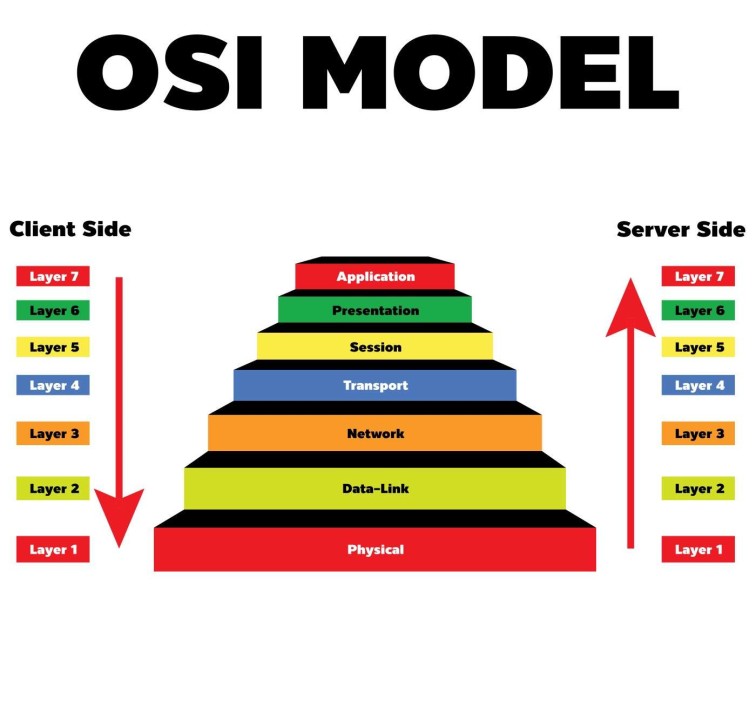
The NEET Exam, or the National Eligibility cum Entrance Test, is a pivotal examination in India for students aspiring to enter the field of medicine. Conducted by the National Testing Agency (NTA), NEET is a standardized test required for admission to undergraduate medical courses (MBBS/BDS) and some postgraduate courses in Indian medical and dental colleges. Given its significance and the competitive nature, understanding the intricacies of the NEET Exam is essential for prospective medical students.
Historical Background
The NEET Exam was introduced to streamline the process of medical admissions across the country. Prior to NEET, various states and private institutions conducted their own entrance tests, leading to a fragmented and often confusing admission process. The introduction of NEET aimed to standardize and simplify the admission process, ensuring uniformity and transparency. The first NEET Exam was conducted in 2013, replacing multiple entrance exams including AIPMT (All India Pre Medical Test) and various state-level tests.
Exam Structure and Syllabus
The NEET Exam is a pen-and-paper based test comprising 180 multiple-choice questions (MCQs). The questions are divided into three main subjects: Physics, Chemistry, and Biology (Botany and Zoology). Each subject has 45 questions, making a total of 180 questions.
Physics: The Physics section tests students’ understanding of concepts, principles, and their applications. Topics include Mechanics, Thermodynamics, Electrodynamics, Optics, and Modern Physics.
Chemistry: The Chemistry section covers Physical, Organic, and Inorganic Chemistry. Key topics include Chemical Bonding, Thermodynamics, Equilibrium, Organic Compounds, and Coordination Compounds.
Biology: The Biology section, which has the highest weightage, encompasses Botany and Zoology. Topics include Cell Biology, Genetics, Evolution, Human Physiology, Plant Physiology, Ecology, and Biodiversity.
The total duration of the exam is 3 hours. Each question carries 4 marks, with a negative marking of 1 mark for each incorrect answer, making the maximum achievable score 720.
Eligibility Criteria
To be eligible for the NEET Exam, candidates must meet certain criteria:
- Age Limit: Candidates must be at least 17 years old at the time of admission or will complete that age on or before December 31 of the year of admission. The upper age limit is 25 years for general category candidates and 30 years for reserved categories (SC/ST/OBC).
- Educational Qualification: Candidates must have passed the 12th grade or equivalent with Physics, Chemistry, Biology/Biotechnology, and English as core subjects. General category candidates must secure at least 50% marks in these subjects, while the requirement for reserved categories is 40%.
- Nationality: Indian Nationals, Non-Resident Indians (NRIs), Overseas Citizens of India (OCI), Persons of Indian Origin (PIO), and Foreign Nationals are eligible to apply.
Preparation Strategies
Given the competitive nature of the NEET Exam, thorough preparation is crucial. Here are some strategies to excel in the NEET Exam:
Understand the Syllabus: Familiarize yourself with the detailed syllabus. Focus on important topics that carry more weight and are frequently tested.
Create a Study Plan: Develop a structured study plan allocating sufficient time for each subject. Ensure you include time for revision and practice tests.
Use Quality Study Materials: Refer to standard textbooks like NCERT for a strong conceptual foundation. Supplement with reference books and study guides tailored for NEET.
Practice Regularly: Solve previous years’ question papers and take mock tests to simulate the exam environment. This helps in time management and identifying weak areas.
Revise Thoroughly: Regular revision is crucial to reinforce concepts and improve retention. Make concise notes for quick revision of important topics.
Seek Guidance: Enroll in coaching classes if needed, where experienced instructors can provide guidance, study materials, and structured learning environments.
Exam Day Tips
On the day of the NEET Exam, it is essential to remain calm and focused. Here are some tips to ensure you perform your best:
Time Management: Allocate time to each section and avoid spending too much time on difficult questions. Prioritize questions you are confident about.
Read Instructions Carefully: Ensure you understand the instructions for each section and question. Misinterpreting a question can lead to errors.
Answer Strategically: Attempt questions you are sure about first to secure marks. Avoid guesswork as negative marking can reduce your score.
Stay Calm and Focused: Maintain a positive attitude and stay focused throughout the exam. Anxiety can affect your performance, so practice relaxation techniques if needed.
Post-Exam Process
After the NEET Exam, the NTA releases the answer key and allows candidates to challenge any discrepancies. After considering these challenges, the authorities declare the final results. They then rank the candidates based on their scores and prepare a merit list.
The Medical Counseling Committee (MCC) conducts the counseling process for All India Quota seats, and respective state authorities conduct it for state quota seats. The counseling involves multiple rounds where candidates can select their preferred colleges based on their ranks.
Significance and Impact
The NEET Exam has significant implications for medical education in India. It ensures a uniform admission process, reducing the stress and confusion associated with multiple entrance tests. It also promotes merit-based admissions, ensuring that deserving candidates secure seats in medical colleges.
However, the exam also poses challenges. The intense competition and high stakes can create significant pressure on students. The focus on a single exam can lead to an emphasis on rote learning and coaching classes, potentially sidelining holistic education.
Conclusion
The NEET Exam is a cornerstone of medical education in India, providing a standardized and transparent admission process for aspiring medical professionals. Understanding its structure, eligibility criteria, and preparation strategies is essential for success. Despite the challenges, the NEET Exam remains a crucial step for students aiming to enter the medical field, shaping the future of healthcare in India.
